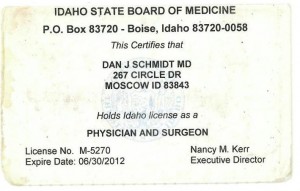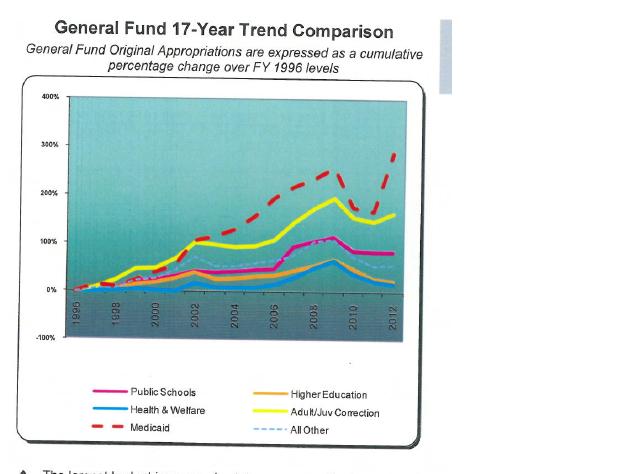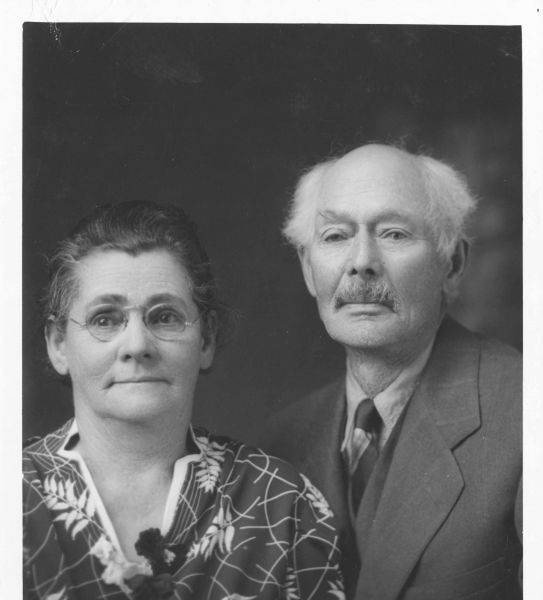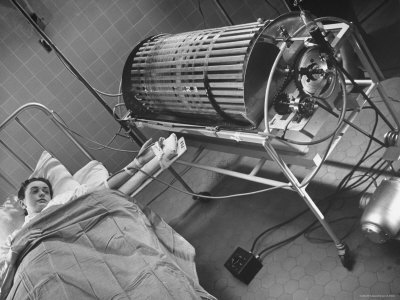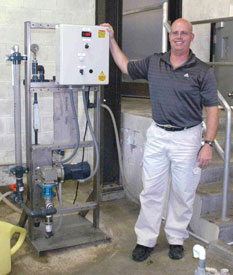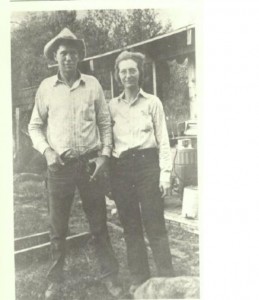Recently we approved Senate Bill 1295a, which requires massage therapists to become licensed within the State of Idaho and “creates entry-level standards for the massage therapy profession.” It now has passed the House Commerce and Human Resources Committee and has moved on to the full House for approval. I voted in favor of the bill on the Senate floor, along with 27 of my colleagues. As a member of the Senate Health and Welfare Committee, I was able to hear testimony on this issue. Nearly all of those who spoke to the committee were in favor of the bill, including representatives from two organizations of massage therapists: the American Massage Therapy Association and the Associated Bodywork and Massage Professionals. There was one opponent who testified that licensing was unnecessary. Sometimes it comes down to who is in front of you.
Forty three other states currently have state boards that regulate massage therapist licensing. Proponents argued that SB 1295a incorporates the best principles learned in the other states which streamline the licensing process. A state board might also ensure appropriate health and safety safeguards for consumers by allowing for a complaint and disciplinary process. The board will be funded by the annual dues the therapists agree to charge themselves.
There was some debate against the bill. Critics argued that this was an example of government intrusion into the free market. The argument goes that if a massage therapist isn’t qualified or professional they won’t be in business very long. Regulations, such as the licensing fees in SB 1295a, could drive up operational costs that would then be passed onto the consumer.
******
Idaho was the first state to give me a medical license.
I was a resident in training in Spokane Washington in 1988. I got an Idaho medical license before my Washington one because Idaho only required one year of training after medical school and Washington required two. I was eager to get my license and start moonlighting, making extra money to pay off my medical school debts. I sent in the paperwork and the fee ($50 back then, now it’s 10X that, and 5X that for annual renewal) then had to be fingerprinted and have a personal interview. I drove down from Spokane to Lewiston. I sat in a doctor’s office for 30 minutes then was called into an office. I waited another 15 minutes and the doctor breezed in, “Where’s your paperwork?”
I handed it to him. He flipped through and signed a couple places. He said a couple things and I left to drive back up the 2 hours to Spokane.
Make no mistake; licensing is no guarantee of quality. The Idaho Board of Medicine takes away about one or two licenses a year of its 5000 current licensees. It sanctions another 10-20. So the Board, who grants licenses, is really in the business of finding outliers, not improving quality or guaranteeing it.
Back a few years ago the podiatrists in Idaho wanted to be licensed separate from doctors. They never got a lot of members to pay annual licensing fees, then they had some litigation issues, and now they are in significant arrears.
So will massage therapists be better off licensed? Will the public be better served? I got some nasty emails because in committee there were a couple comments about folks who are doing “something else” (Senator Broadsword said, “In Wallace they were called seamstresses.”) and it really isn’t “massage”. I think “seamstresses” will still be out there.
Maybe this licensing can make the distinction more clear. I hope we can move the massage therapists along the line of professionalism. That’s the goal. They are truly a professional group and their services valuable. But we’ll have to keep an eye on them.


